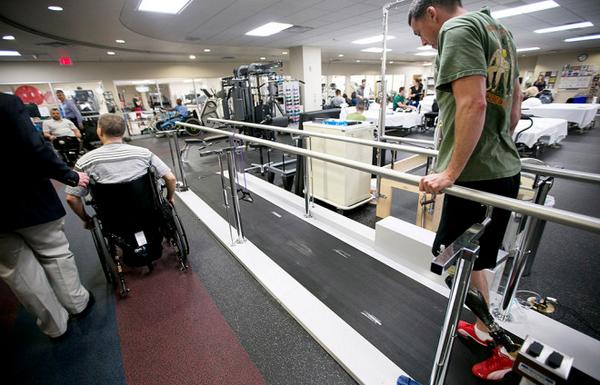Taking A Pro-Active Approach To Your Career Training After Military Services

Finding employment in the civilian world can be a real challenge once you have completed your active duty military contract. Most people enter the military under a specific military occupation code, or MOS. This allows them to spend their time learn trades in health and medicine, construction, security, and other such fields that are of interest to them. Recruiters often advise those interested in entering the military that this can be a fast track to rewarding careers that they can take with them throughout their lifetime. Unfortunately, what is not said is that additional training is necessary to meet the federal, state, or local regulations in place within these industries once you take your knowledge from the military into the civilian realm.

A prime example of why additional education is necessary following the completion of military training can be clearly seen in the health and medical field. While you gain expert hands on training in areas such as trauma and medical emergency response, the level of understanding that is provided for pediatric care or geriatric care is almost non-existent. Civilian health and medical training will help to prepare you for working in all types of situations. You will gain a more in depth understanding of how to respond to medical care needs in your own communities. This will prepare you to work in rewarding environments such as healthcare clinics, patients’ homes, and hospitals around the United States.
Construction, electrical technologies, and automotive repair technologies are other industries that are in high demand both in the military and civilian world. Again, additional training is necessary following your military experience to ensure that you can meet all requirements in these industries. Regulations for skilled trades vary tremendously from one state to another. You must prove that you have what it takes to keep your customers safe during and following the deliverance of services. Simple errors in measurements for example can jeopardize the health and well-being of many individuals.
The initial frustration you experience when learning that your skills are not enough to get you into the career of your dreams is definitely understandable. However, there is a silver lining waiting for you around every corner.
One positive aspect of your service within the US military is the GI Bill. These funds are set aside for soldiers to continue education following their military services. You can use your GI Bill funds to attend schools throughout the United States. Former military personnel can take opt-out tests within training programs to minimize the time necessary for their schooling needs. This gives you the ability to focus on the courses that will truly benefit your dream job. Options for your training include online courses, traditional universities, hands-on technical schools, and even community colleges in your area. All of these educational facilities are equipped with professionals that will help to maximize your educational experience while focusing on the real goals for a bright future. You will always maintain control over the path that your educational training endeavor leads.
